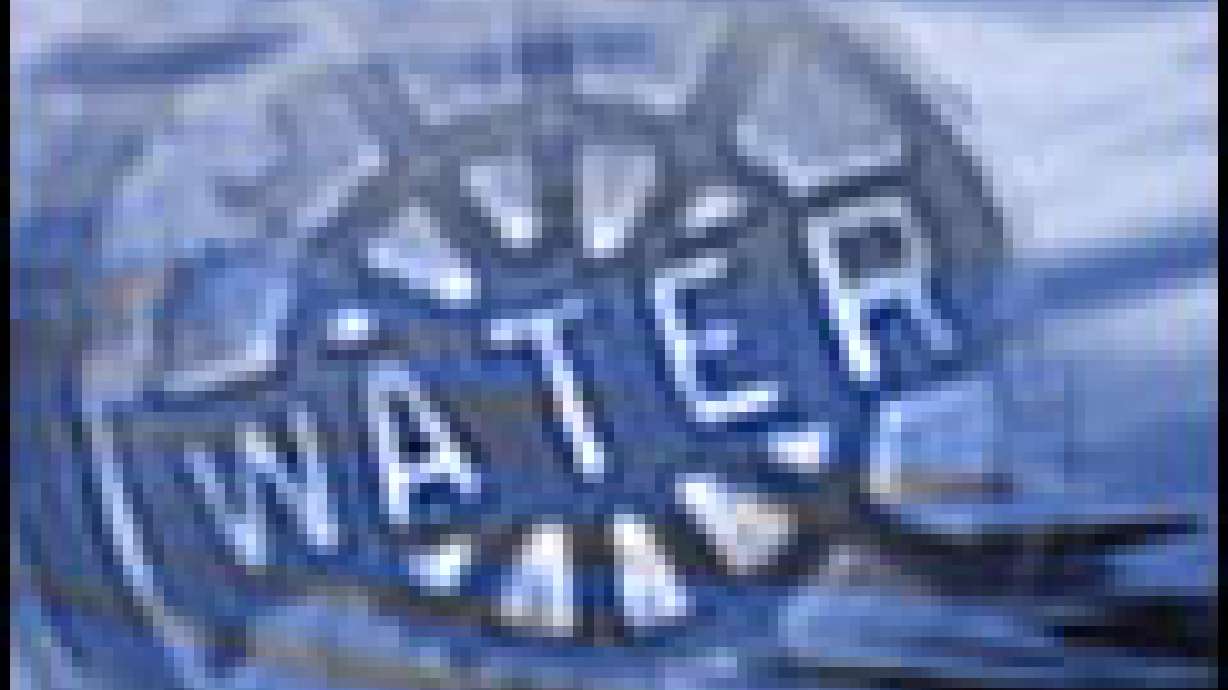Estimated read time: 2-3 minutes
This archived news story is available only for your personal, non-commercial use. Information in the story may be outdated or superseded by additional information. Reading or replaying the story in its archived form does not constitute a republication of the story.
SALT LAKE CITY (AP) -- Eight Salt Lake County communities are exploring the feasibility of using treated sewer effluent for irrigation.
"It's a resource right now that is being wasted," said Riverton city administrator Mark Cram.
Treated effluent already is used as irrigation for golf courses in Tooele, South Salt Lake and in other parts of the state.
A recent study is helping the Association of South Valley Communities consider the feasibility of water reuse in Bluffdale, Draper, Herriman, Midvale, Riverton, Sandy, South Jordan, West Jordan and parts of Salt Lake County.
Combined, those areas generate about 27 million gallons of wastewater each day -- most of which ends up in the Jordan River after it's treated at the South Valley Water Reclamation Facility.
A few cities, including Riverton, already have secondary systems in place that could pipe the treated wastewater to individual users. A lot of current secondary users in the valley may get untreated water collected from canyon runoff.
Pipes carrying the treated effluent would be specially colored to avoid confusion with culinary water lines.
However, a broad-reaching system for recycled water is not expected any time soon.
"I don't think it will get off the ground for a while," said Hugh Hedges, acting general manager for the South Valley Facility.
One thing that still may need study is how much actual impact a significant decrease in the flow of treated wastewater will have on the Jordan River's ecosystem.
Beyond that, If people can purchase culinary water cheaper than recycled water, they'll irrigate their lawns with culinary supplies, Hedges said.
But with finite water supplies and droughts that come and go, "Somewhere down the road there's a need for it," Hedges said.
Although not suitable for drinking, officials contend the water is safe for irrigation.
"It's a better quality of water than you might find in Utah Lake or Lake Powell," Central Valley Water Reclamation Facility general manager Reed Fisher said.
Central Valley also been looking into how it can reuse 55 million gallons of treated wastewater generated each day now pouring into the Jordan River. The facility's customers include Granger Hunter, Cottonwood, Taylorsville-Bennion and Kearns improvement districts, South Salt Lake, Murray and Salt Lake City Suburban District One.
(Copyright 2003 by The Associated Press. All Rights Reserved.)








